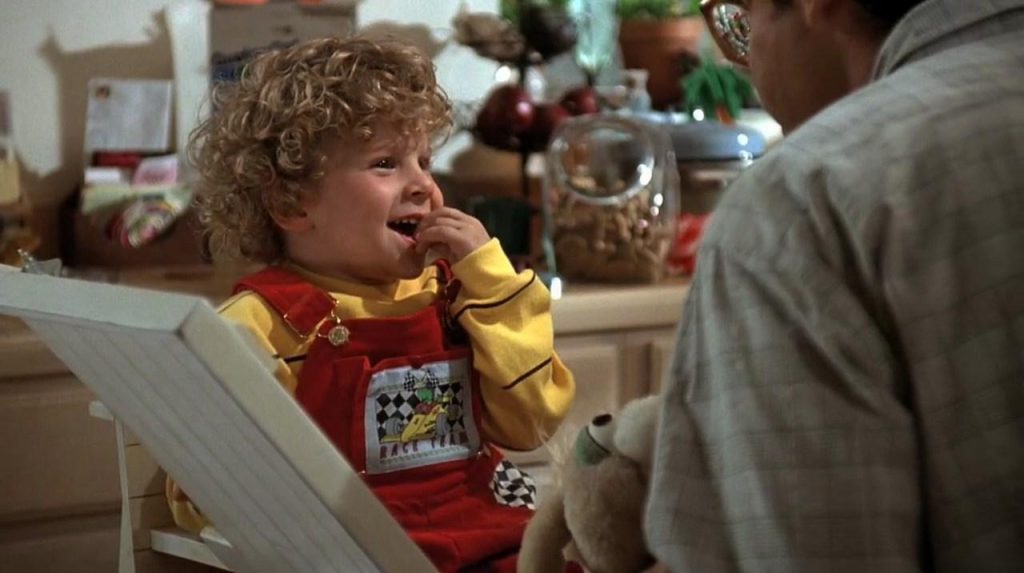What To Know About The Consent Parenting Trend, And Why It’s Being Ridiculed
Consent parenting is a new, growing trend. But many families are calling it out for its unrealistic expectations.

In 2018, an Australian sexuality expert claimed that parents need to teach children about consent from the time they are babies. This included asking babies and toddlers if they wish to have their diapers changed. The notion was not widely accepted, but now consent parenting is resurfacing as parents have grown more and more concerned about child sexual abuse.
Child sexual abuse is a serious concern. In 2020 the UK reported that child sexual abuse rose by 57% over a five-year period. Although data in the United States has not been widely studied, Child sexual abuse emergency room visits doubled between 2010 and 2016. In order to prevent harmful incidents, some families are turning to consent parents to educate children on body safety as soon as possible.
What Is Consent Parenting?
Consent parenting consists of specific steps to help children understand why their parents are changing their dirty diapers. Mothers and fathers are instructed to first explain what they’re doing and why they are doing it. While cleaning messes, parents are taught to sing to their children or engage them with conversation and questions.
If the child fights, parents have a couple of options. They can explain the necessity to clean dirty bottoms, or they can offer them a choice that allows babies or toddlers to wait a couple of minutes before they are changed. Consent parenting also promotes the idea that family members are not entitled to hugs, kisses, and other physical displays of affection. Some parents take it so far as to not allow anyone but themselves to change their baby.
Why It’s Being Ridiculed
This is where consent parenting is gaining ridicule. One UK mother took to a forum to describe how she refuses to let her baby’s grandparents change him. Despite this, she admitted that she understands that daycare workers and babysitters will have to do so when he is in their care.
Many parents pointed out the higher risk of a paid caretaker harming a child than a trusted family member. Some noted that if a mother cannot trust her parents or in-laws to change her baby, then that child shouldn’t be around those grandparents. Consent parenting has received much criticism since it was proposed in 2018.
Concerns Surrounding Consent Parenting

In its early conception, consent parenting told mothers and fathers that they need to ask their baby before changing diapers, every time. Whether the sexuality expert promoting this idea had children or not was never disclosed, but many parents decried consent parenting notions being that babies cannot easily communicate in early stages and later wish to explore instead being changed. This presents a problem because they are also prone to diaper rash and infection if they are not properly cleaned in a timely manner.
Toddlers would often rather play than go to the bathroom or potty train, but parents have to direct them to do so for their health and development. Many parents understand that it is their job to guide and instruct children instead of the other way around. Children are not mentally developed enough to know what is best for them. Consent parenting puts children in control which can lead to various discipline issues.
Furthermore, while teaching children about body safety is a popular concept, how and when to do so has been argued for some time now. Despite arguments that teaching sexual education in schools at younger ages helps prevent child sexual abuse, the more extensive these lessons have become the more abuses have increased. By teaching children about sexuality at younger and younger ages, they become confused and more prone to grooming and abuse. Consent parenting may further confuse children into believing that as long as someone asks to touch them inappropriately and they agree, it’s okay.
Whether consent parenting becomes a societal norm is uncertain. It failed to resonate with parents five years ago, and recent responses indicate that this has yet to change. While some mothers and fathers believe it can lead to healthy body practices, conclusive results have yet to be released to confirm this hope.



